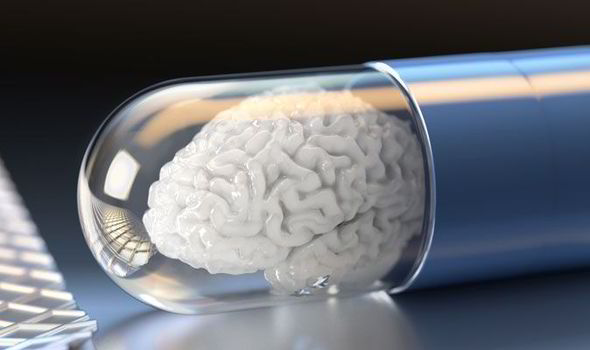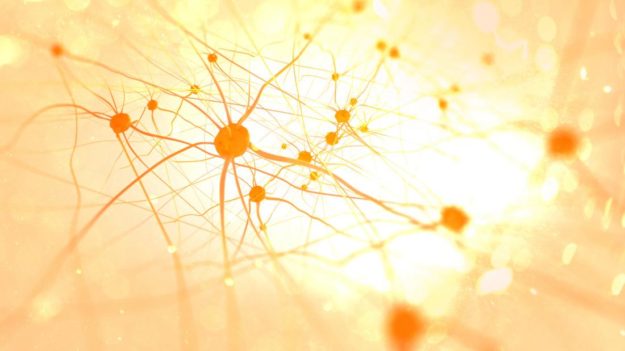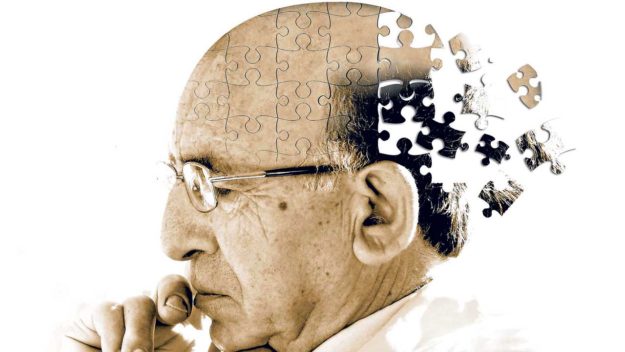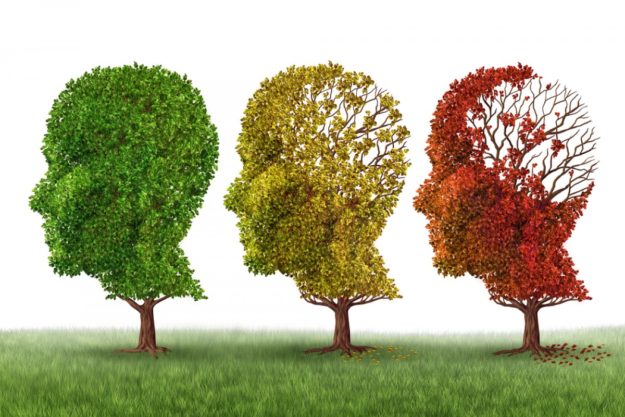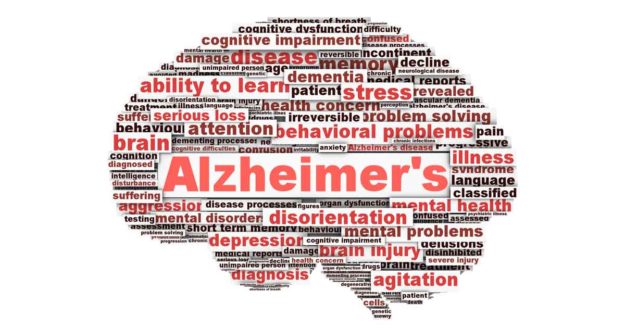New Research Reveals AI Doesn’t Struggle to Diagnose Alzheimer’s
Alzheimer’s disease is one of the most difficult diagnoses to make. In fact, the only way a doctor can 100% confirm a patient has the fatal neurodegenerative disease is to look at his or her brain during an autopsy.
The cloud of uncertainty can be devastating to individuals who are beginning to exhibit memory loss, especially since it could represent the early onset of Alzheimer’s. Researchers face the huge challenge to find effective treatment or prevention measures for Alzheimer’s, the disease that burdens more than 5 million Americans. Keep in mind; there is likely a significant amount of undiagnosed individuals.
Thankfully, artificial intelligence is preparing to do what doctors can’t.
Two teams of researchers from the University of Bari in Italy and McGill University in Canada have designed artificial intelligence algorithms that can review brain scans of individuals experiencing memory loss and determine who will fully develop Alzheimer’s disease in the future as well as who won’t.
“The technology we developed will accelerate the discovery of therapies for [Alzheimer’s disease],” lead study author Sulantha Sanjeewa Mathotaarachchi, a software developer at McGill’s Translational Neuroimaging Lab, told NBC News MACH in an email. That’s because AI can help scientists identify participants for drug or lifestyle interventions at the earliest stages of dementia.
McGill University’s team gave an algorithm 191 PET scans of the brains of individuals with memory loss and declined cognitive function, also known as mild cognitive impairment. The scientists taught the AI which people had continued to develop Alzheimer’s disease and those who did not. How medical professionals diagnose Alzheimer’s is by seeing if there is evidence of protein clusters called amyloid in the brain, which is present in those with Alzheimer’s and mild cognitive impairment.
“To the naked eye of the physicians, amyloid images show a widespread distribution through the entire brain,” Mathotaarachchi explained.
There is a difference in amyloid between the two groups but it’s too small for humans to tell, but the AI named AIDDementia (Artificial Intelligence for Diagnosing Dementia), could easily notice. After analyzing a new set of 82 PET scans, the AI determined who would develop Alzheimer’s in the next two year with 84 percent accuracy.
You can read the full article from NBC here.
Most from this category
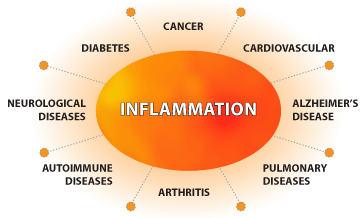
Another Study Reveals Inflammation Accelerates Progression of Alzheimer’s Disease
alzheimershelp - December 21, 2017
Protecting Neurons Could Prevent Depression and Cognitive Deterioration Caused by Alzheimer’s
alzheimershelp - November 8, 2017









